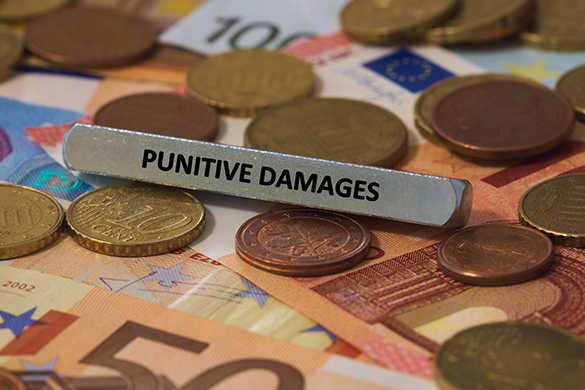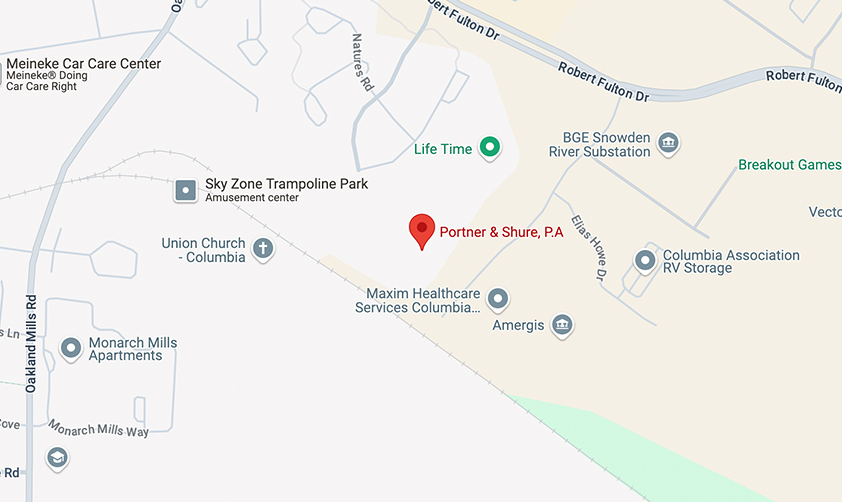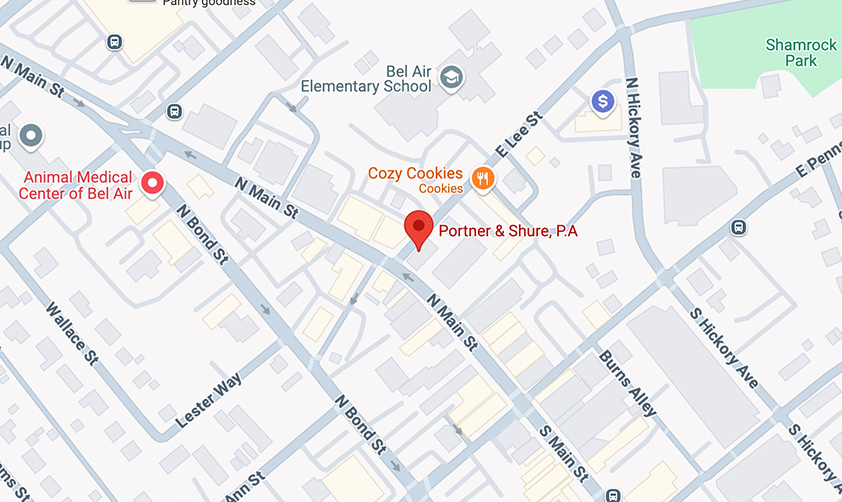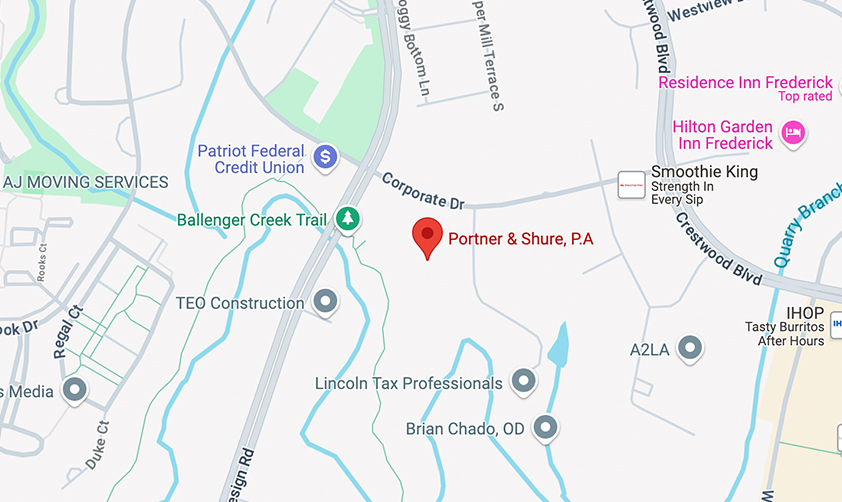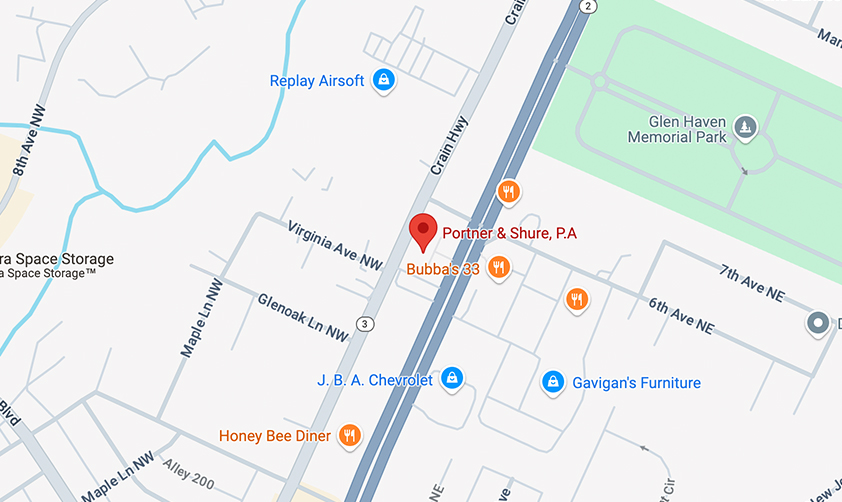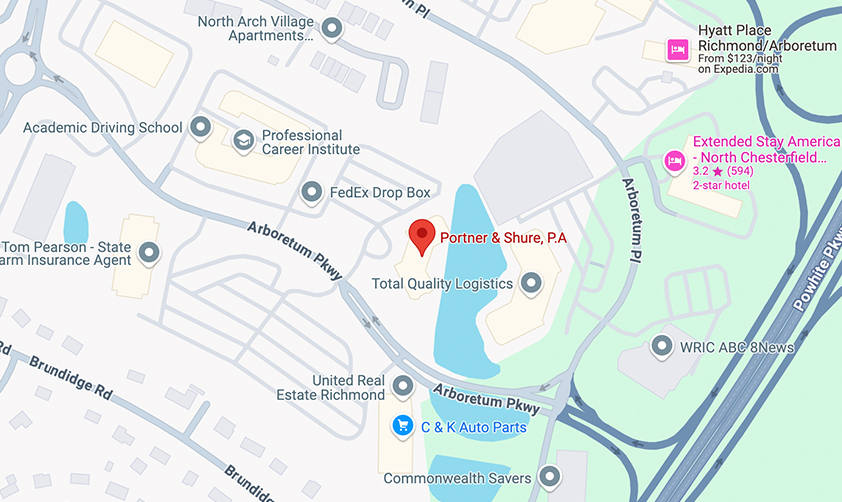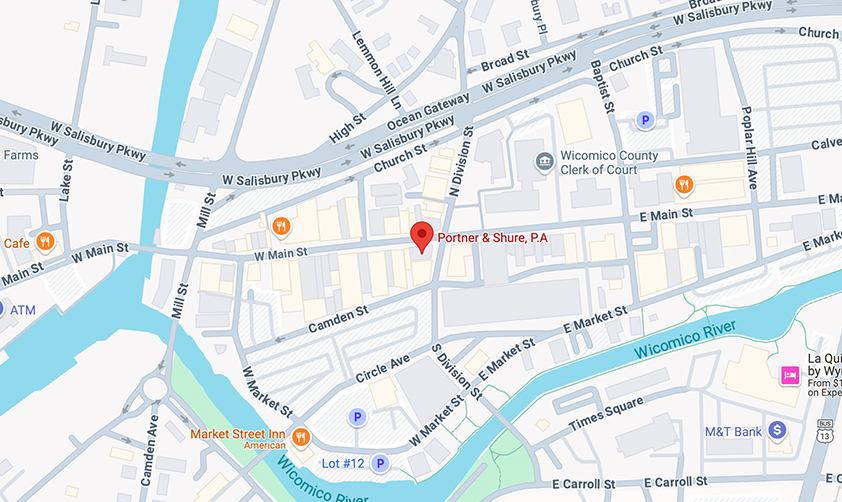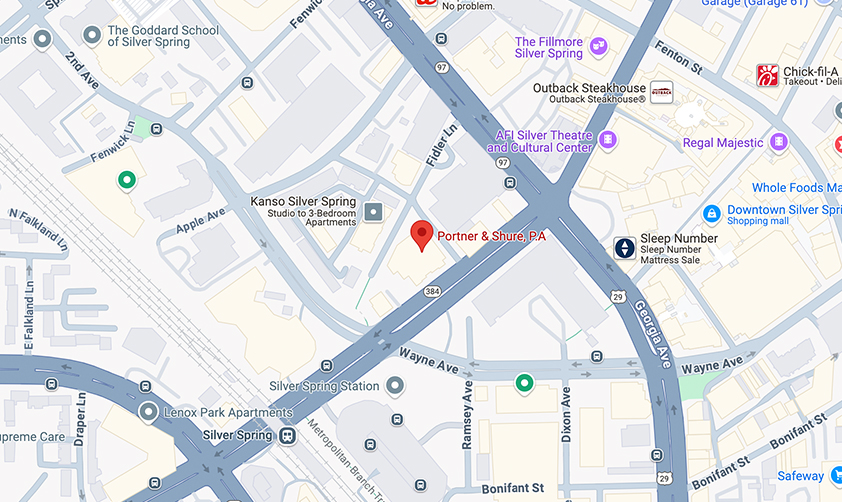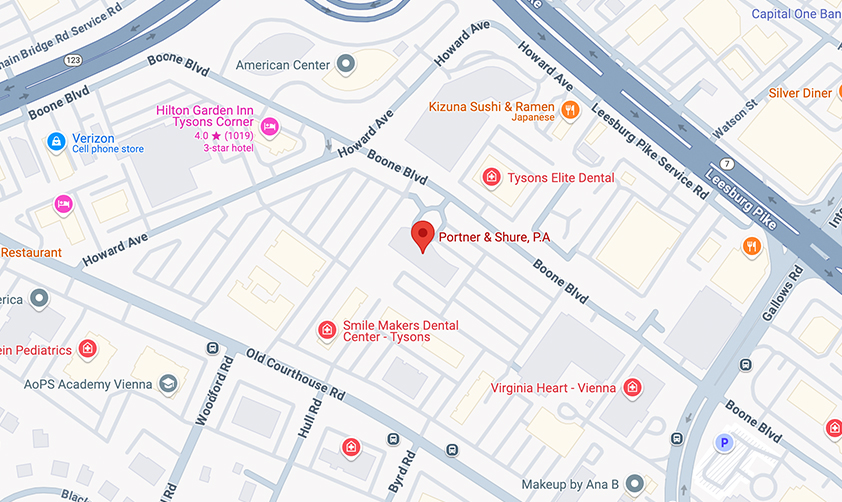A common misconception of plaintiffs in a personal injury action is that a claim can be made for punitive damages as a result of the car accident. The thought that a defendant driver can be punished for causing the accident is generally mistaken. In fact, in Virginia, a defendant could be eating a Whopper with both hands as he reads a magazine and speeds into a school zone, striking a school bus, and he still would not be responsible for punitive damages.
In almost all car accident cases, Virginia follows the rule that in order to get punitive or exemplary damages, a defendant must intentionally cause an accident. It is not sufficient that the defendant be criminally negligent. There is but one exception: drunk drivers. While the common law is clouded as to the availability of punitive damages, the statutory law is not.
Virginia Code Section 8.01-44.5 specifically provides for punitive damages against drunk drivers in a personal injury action when specific criteria is met. The plaintiff must demonstrate that the defendant's actions were willful and wanton and showed a conscious disregard for the rights of the plaintiff. This must be demonstrated by showing that the defendant had a blood alcohol concentration of 0.15 percent or more by weight by volume or 0.15 grams or more per 210 liters of breath; by the defendant knowing or should have known, at the time he began drinking alcohol, or during the time he was consuming alcohol, or during the time he was operating a vehicle, that his ability to operate a vehicle was impaired; and finally that the defendant's intoxication was a proximate cause of the accident and resulting injuries suffered by the plaintiff.
While the hurdles to get to this point are difficult, the benefit to a plaintiff injured by a drunk driver in an automobile accident can be significant. The Northern Virginia population has very little tolerance for drinking and driving and the resulting accidents. Having the ability to argue that a defendant should be "punished" is a powerful tool for any plaintiff's lawyer and one that can force insurance companies to settle car accident cases they would normally have taken to trial. An insurance company must assess the value of the personal injury case, not just based on the injury to the plaintiff, but also on the potential for an angry and retributive jury. This can force the insurance companies to make settlement offers far in excess of the amounts that they typically make.

